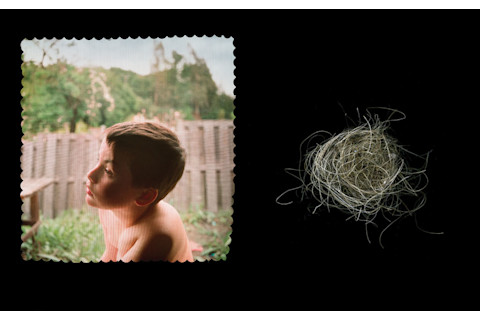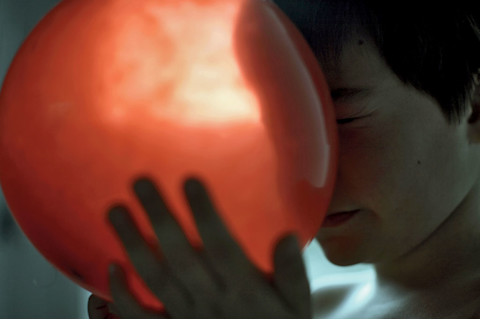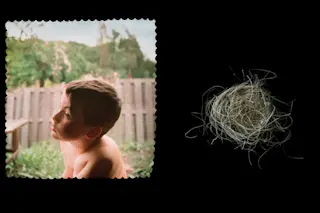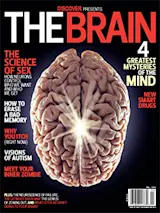Neuroscience is beginning to explain autism, but it cannot illuminate the intimate side of this disorder: the day-to-day experiences of a child with a brain that works in unusual ways. These evocative pictures, taken by photographer Timothy Archibald with his son Eli, attempt to bridge that gap. At age 5 Eli was diagnosed with autism spectrum disorder, an umbrella term for developmental disabilities that manifest in difficulties with communication and social interaction. Today Eli has a big vocabulary and does well in school, but in other domains his reliance on logic and rule systems can seem strange.
The project is collaborative; father and son experiment together before the camera. “Eli’s senses get overwhelmed at times and he’ll need a filter to block things out,” Archibald says. “A lot of the images deal with these curious ‘states’ he’s in and the things he does to deal with the world as he experiences it.” The pair return again and again to doors and windows as they compose their photographs. Through these portals, we too can cross the threshold into a distinct and unfamiliar world.
Archibald’s new book, Echolilia, published by Echo Press, is a collection of these pictures. Here the photographer describes how each image came about.—Rebecca Horne
Listening Device, 2008
Eli suggested we make some images with this tube. It made me think of another sense, or an object that allowed a kid to tune in to another wavelength.

Screen Door + Nest, 2010
Eli and I began making images of each other behind the screen door of my office. He took a shot of me there, and then he fell into this profile and it just felt right. It was as if he were using sense in a different manner, listening for something with his whole body.
A few weeks later, he and his brother found a nest in the backyard. We were captivated by this electronic circuitry–like bit of nature. I had been reading books on Asperger’s and autism at the time, and the nest struck me as being like the organic web of wires in the brain. I paired these two images with that in mind.

Red Balloon, 2007
This was an early image in the project. The act of sinking into the balloon was a good metaphor for the utter submersion Eli sometimes achieves. It had the emotion of being deeply and solidly in something, one of the states I learned about through him.















